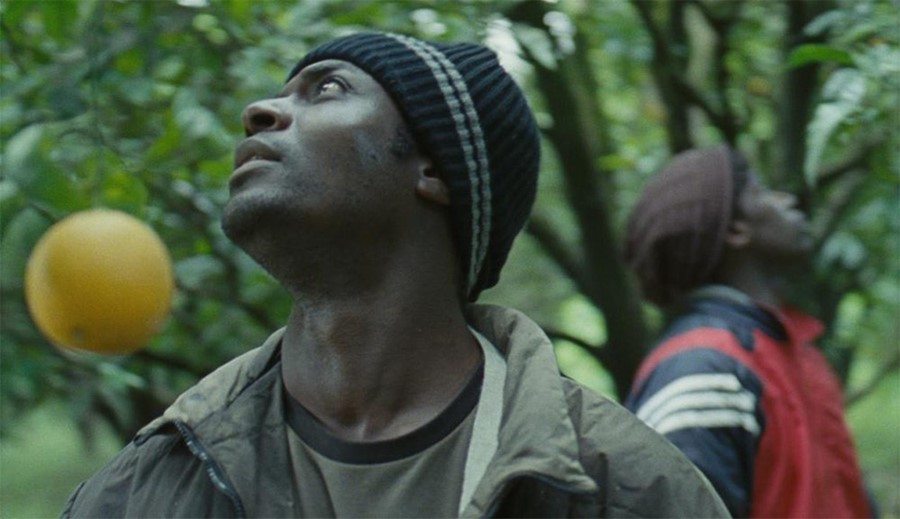In honour of Jonas Carpignano's debut Mediterranea, we pick our favourite first films from the likes of Lynch, Hopper and Peirce
Movies are a risky business. While a great directorial debut may pave the way to cinematic fame and glory, a failure can be a one-way ticket straight to movie jail. Jonas Carpignano has landed into the first category – his debut feature, Mediterranea, was a favourite at last month’s Cannes’ Critics’ Week, garnering praise for its harrowing and timely depiction of Europe's migrant crisis. The story of a young man’s death-defying journey from his native Africa to Italy in search of a better life, Carpignano’s documentary-style film addresses the looming subjects of immigration and racism, and became the festival’s word-of-mouth sensation. To make a great first movie is quite rare, but to follow-up with a brilliant career is even rarer. To celebrate Carpignano’s first release, we bring you five of the finest directorial debuts that have lived on to be hailed as masterpieces.
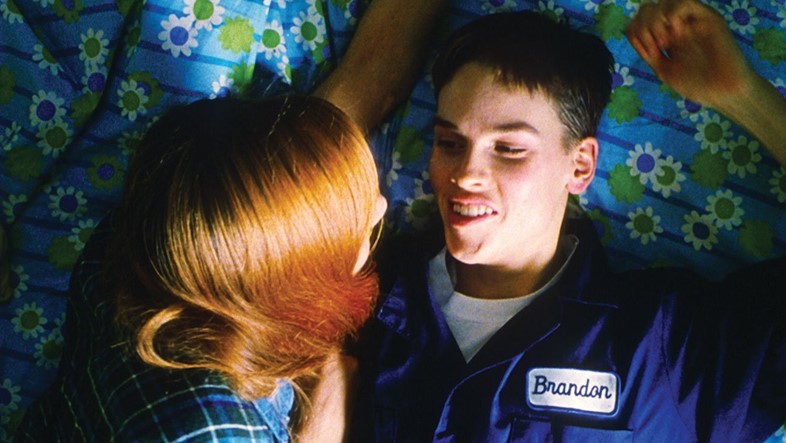
Boys Don’t Cry (1999)
Kimberly Peirce took inspiration from the true story of a trans man’s heartbreaking quest for love and acceptance for her big screen debut in 1999. In an Oscar-winning turn, Hilary Swank portrayed the struggles of female-born Brandon Teena, who went from being the well-liked new kid in town to being raped and subsequently murdered by his male friends upon their discovery that he was a transgender. Exploring the universal themes of freedom and identity, Peirce’s debut remains one of the most-loved romantic drama films of recent years.
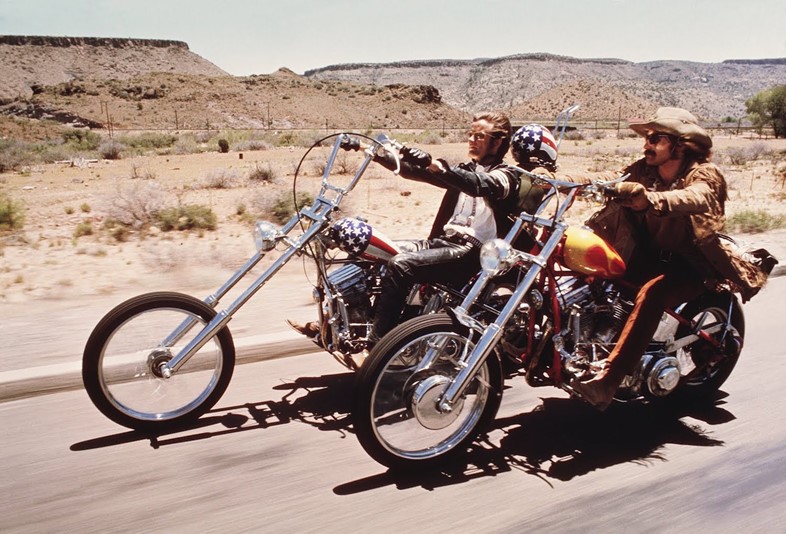
Easy Rider (1969)
The epitome of the American road trip movie, Easy Rider is a testament of how broad of an artist Dennis Hopper really was. Written by Hopper and Peter Fonda who also starred, and marking Hopper's directorial debut, the film follows two bikers on their journey across the Southern United States, as they experiment with recreational drugs, pass time in a hippie community and make friends with Jack Nicholson. Capturing the spirit of the 60s through the lens of a modern Western, Easy Rider paired the tantilising promise of freedom from societal constrictions with the far bleaker realities of life on the road, and today is hailed as a milestone in counterculture cinema.
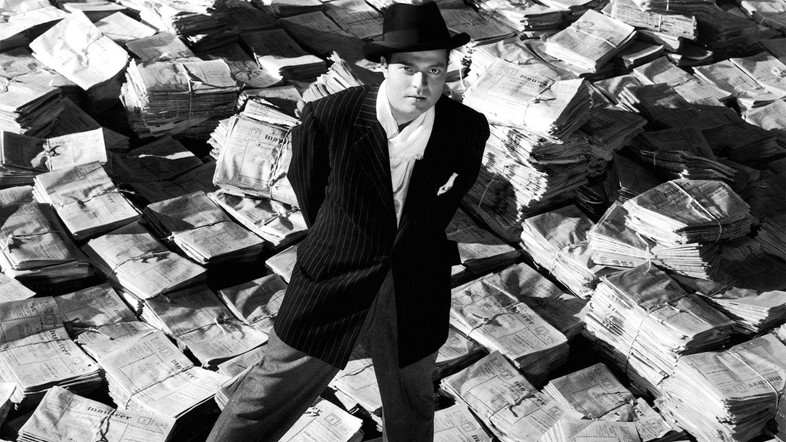
Citizen Kane (1941)
Orson Welles was just 25 when he directed, produced, starred in and co-wrote his very first film in 1941, the story of the rise and fall of publishing magnate Charles Foster Kane, played by Welles. Told through flashbacks, the movie is deeply experimental in style and cinematic technique, and represented a huge amount of faith in a young, untried director – with Welles being allowed to choose his own cast and crew and given final cut privilege. The risk paid off in the end – while the film failed to make back its costs at the box office, it is now considered by critics and fans alike as the best movie of all time.
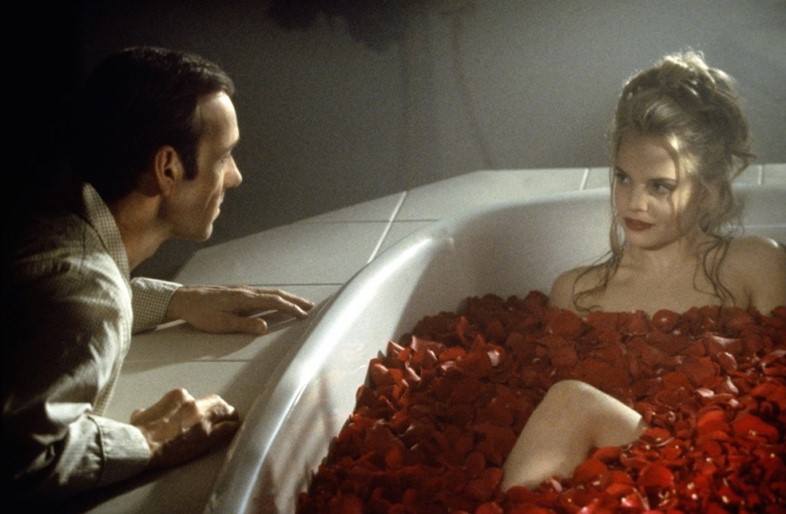
American Beauty (1999)
In his first attempt at directing, Sam Mendes’ sharp and witty take on present-day life in suburban America sees Kevin Spacey in the role of a sexually frustrated office worker and father, who is faced with a mid-life crisis after becoming attracted to his teenage daughter's best friend. While the fact that Mendes was personally recommended by Steven Spielberg to direct the film might have given things a little push, American Beauty proved Mendes as a talented director in his own right, earning the English filmmaker an Oscar for best director, amid its total haul of five.
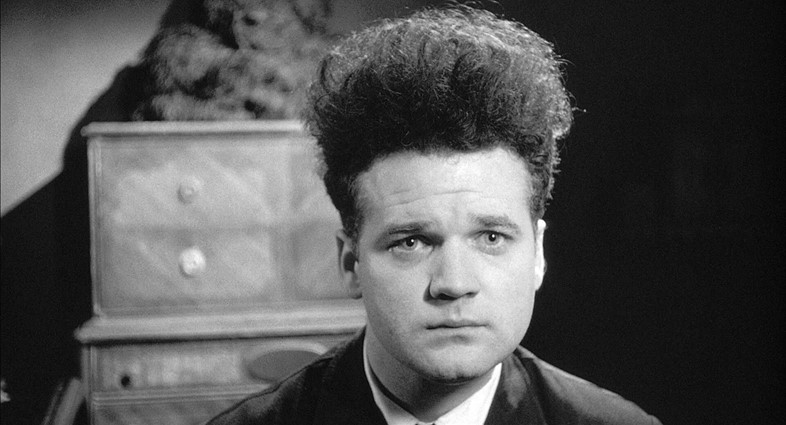
Eraserhead (1977)
How could a movie that opens to a man’s head floating in space, a sperm-like creature coming out of his mouth, not make an impact? The tale of Henry Spencer, a factory worker who strives to survive amid a surreal and crumbling universe, peopled by his unhappy girlfriend and the never-ending screams of their deformed baby, Lynch’s nightmarish debut feature is a metaphoric representation of a man’s anxieties over imminent adulthood. Artfully shot in black and white over the course of five years, Eraserhead – which was said to be one of Kubrick’s favourite films – marked the start of Lynch’s career as a cult movie master.
